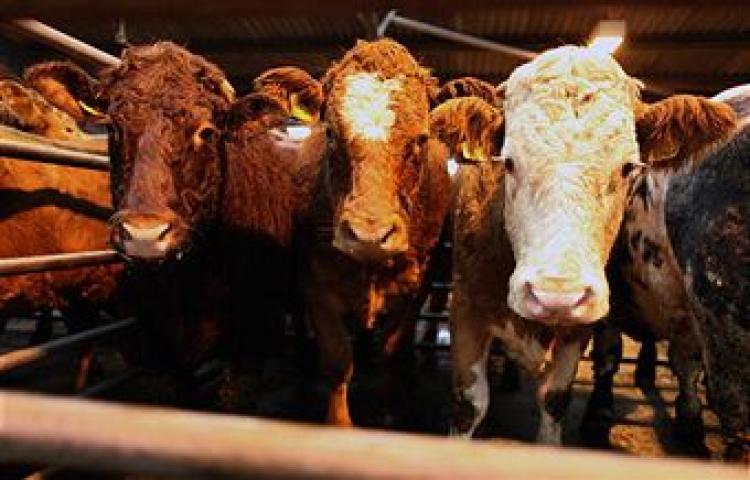With just 32 days to go until the UK leaves the European Union, British farmers have learned that subsidies will be phased out from next year under the government’s new agricultural plan.
Under measures announced on Monday, from Jan. 1 support for farmers in England will start to move away from subsidies under the Basic Payment Scheme (BPS), part of the controversial Common Agricultural Policy.





